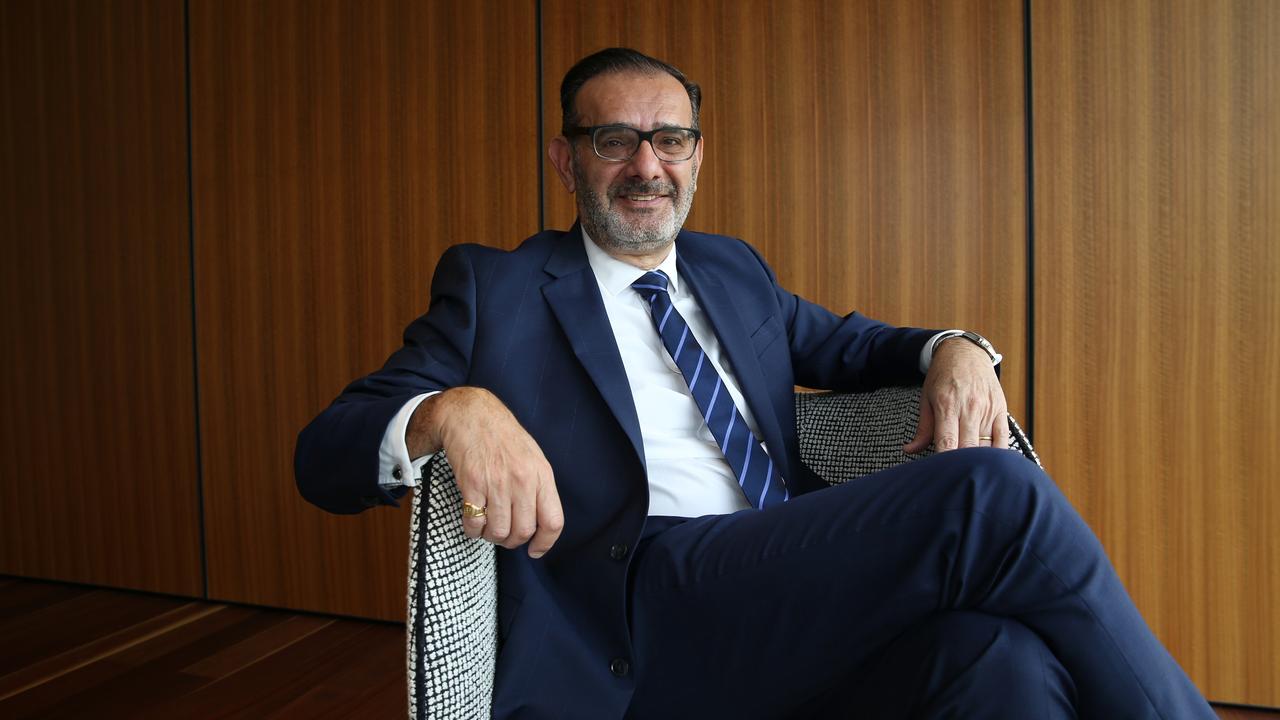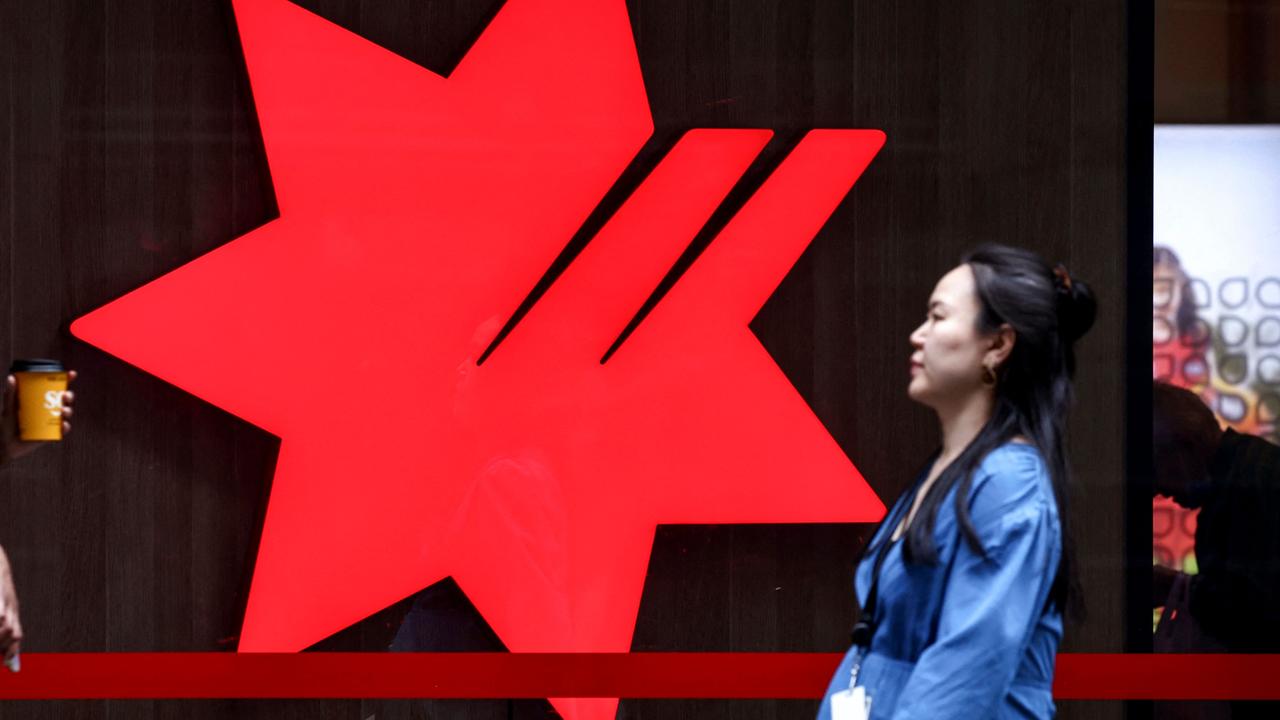Superannuation from your boss: should you be asking for more?
Ahead of another rise in employer compulsory super contributions in July, experts share their views on whether it’s worth asking for more.
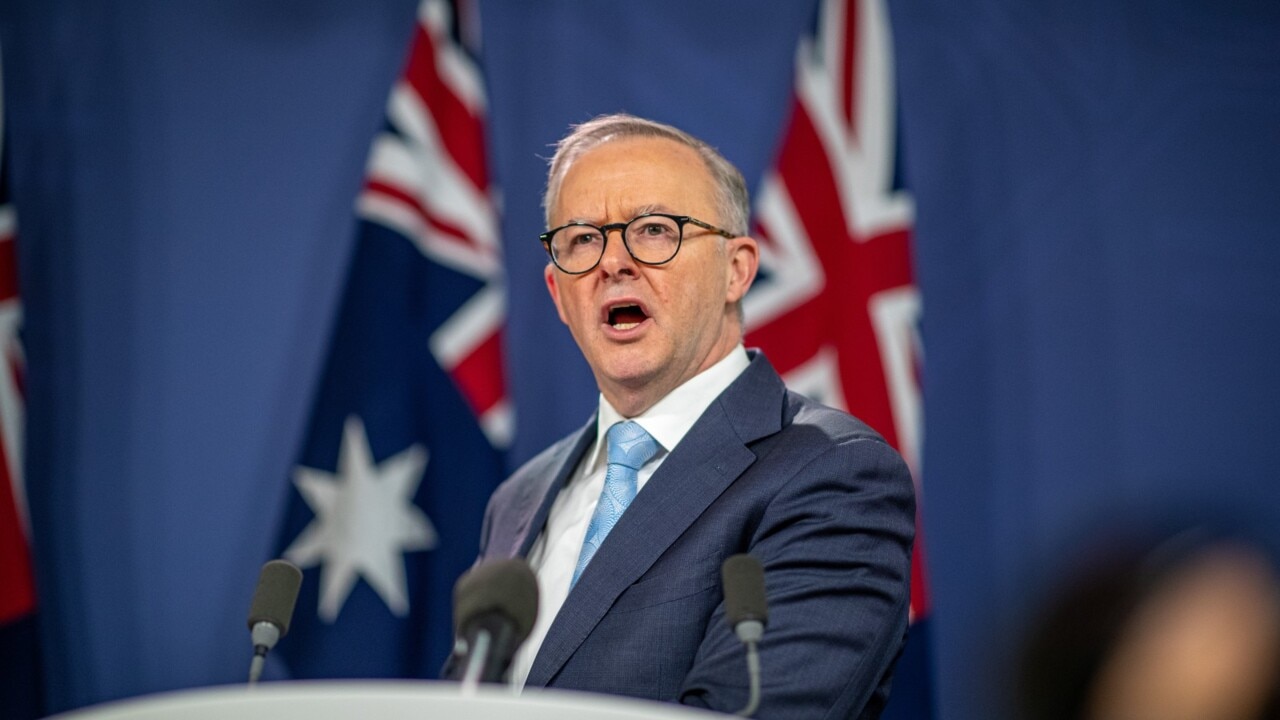
An extra boost to Australians’ superannuation is just months away, but it alone won’t be enough to deliver a comfortable retirement.
Employers’ compulsory super contributions will rise from 10.5 per cent to 11 per cent of wages from July 1, part of a legislated move to 12 per cent by 2025.
Tribeca Financial CEO Ryan Watson says people generally need to put at least 15 per cent of their wages away “for a flexible and financially secure retirement”.
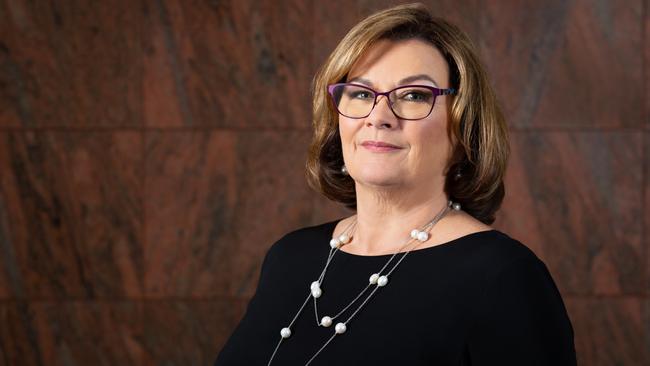
So does this mean workers should negotiate for higher super payments from their employer?
Not necessarily, say financial advisers. Workers can simply ask for a pay rise and put extra money from that into their super, gaining themselves a tax deduction via either salary sacrifice or personal contributions.
It has the same cost impact for employers either way – both employees’ wages and super are tax deductions for them as a cost of doing business.
“The higher base wage you can negotiate, the higher the amount that will be contributed on your behalf into superannuation,” Mr Watson said.
JBS Financial Strategists CEO Jenny Brown said some employers paid extra super as a “reward for longevity”.
“Employers should be open to negotiation,” she said.
“Look at your individual circumstances – are you better off putting extra into an offset account against your mortgage right now, then look at contributions down the track?”
Pride Advice CEO Brett Schatto agreed there were competing pressures for households.
“You can salary sacrifice into super, or you can use your after-tax dollars to reduce your mortgage,” he said.
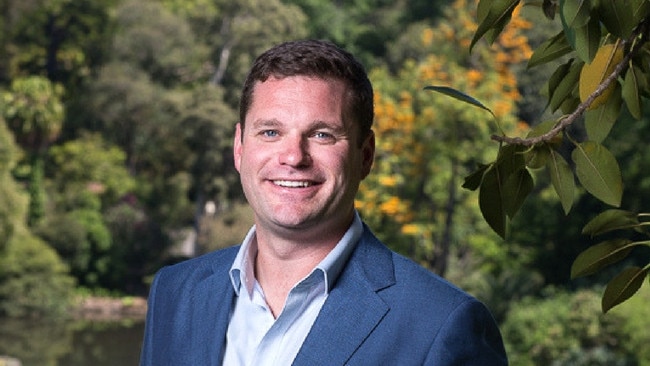
“Just try to get an extra 1 per cent salary increase, and do what you want with it.”
Wealth for Life Financial Planning principal Rex Whitford said “maybe just ask for a pay rise and tell your employer you want to salary sacrifice”.
The 0.5 per cent compulsory super increase on July 1 will mean an effective pay cut for some employees on packages that include superannuation, because 11 per cent of their total salary package will then go into their super fund, rather than 10.5 per cent at the moment.




